The views expressed in our content reflect individual perspectives and do not represent the authoritative views of the Baha'i Faith.
The story of Moses, known as “Musa” in the Qur’an, does not seem to allude to a name or title change at any point in his storied life – perhaps because the name itself is already so filled with meaning.
The name Moses has etymological roots in Egyptian culture, into which Moses was born, with the words “birth” and “protect” implicit in his name. In other scholarship, the name is associated with roots alluding to the Biblical story of his having been drawn out of the water by Pharaoh’s daughter (in the Bible) and by Pharaoh’s wife (in the Qur’an).
RELATED: When Moses Struck the Rock in the Wilderness, was He Imperfect?
The Prophet Moses
The Arabic name Musa is likewise associated with etymological roots alluding to “water” and “reeds” or “wood,” possibly referring to the basket-boat in which he floated as an infant among the reeds.
Hermeneutically, the water takes on a greater symbolic value in terms of two miraculous events associated with the life of Moses — his parting of the Red Sea to save his people from Pharaoh’s army, and toward the end of his life, tapping a stone with his staff on Mt. Horeb to bring forth water for his people.
However, the miraculous events most commonly associated with Moses are his rod as a symbol of his station, a staff which he transforms into a snake as a sign of his power before Pharaoh; his providing the manna for his people in the wilderness; and most pivotal of all, his receiving a revelation direct from God when he ascends Mt. Sinai alone and beholds the burning bush.
From the Qur’anic account, Musa first ascends the mountain alone while he and his family are on a return trip to Egypt. He had escaped from Egypt for being accused of murder and had become a shepherd for the Prophet Shoaib, who immediately recognizes Moses’ divine station. Moses then marries Safoorah, the daughter of Shoaib, and, after about ten years, he decides to return to the land of his birth.
As they travel, Musa beholds a fire burning on Mt. Sinai, tells his family to wait, and proceeds toward the flame so that he might obtain material for their own needs. According to the Qur’an, the voice of God then speaks to him:
Verily I am thy Lord! Therefore (in My presence) put off thy shoes: thou art in the sacred valley Tuwa. ‘I have chosen thee: listen, then, to the inspiration (sent to thee). Verily, I am Allah: there is no God but Me: so serve Thou Me (only), and establish regular prayer for celebrating My praise.’
Because of this “encounter” with God, and his subsequent second ascent of the same mountain when he receives the Ten Commandments, in the Qur’an is endowed with the title Kalim Allah – “He who speaks with God, or He who speaks on behalf of God.” In his writings, Baha’u’llah refers to Moses with a similar title: “He Who held converse with the Almighty.”
RELATED: How the Hebrew Prophets Predicted the Coming of Baha’u’llah
In his book Some Answered Questions, Abdu’l-Baha praises Moses, while reflecting on the remarkable power and world-changing potency of his revelation, saying:
Moses established laws and ordinances that conferred new life upon the people of Israel and led them to attain the highest degree of civilization at the time. …
Now how could a man who was a stammerer, who had been brought up in the house of Pharaoh, who was known among men as a murderer, and who out of fear had long been a fugitive and a shepherd, establish in the world so mighty a Cause that the wisest philosophers of the earth would be incapable of producing a thousandth part thereof. This is clearly an extraordinary feat. …
Were he not assisted by a divine power, He would never have been able to carry out such a mighty task. … Behold how, in spite of His disrepute, He was aided through an extraordinary power to establish such great institutions and mighty undertakings!
Like all of the messengers and manifestations of God, Moses underwent enormous tests and trials, suffering the persecution of the civic and religious authorities of the time. Despite their resistance, despite the challenges of uniting his people, and despite the tremendous obstacles in his path, Moses founded a great Faith that still endures and provides spiritual nourishment for Jews worldwide.


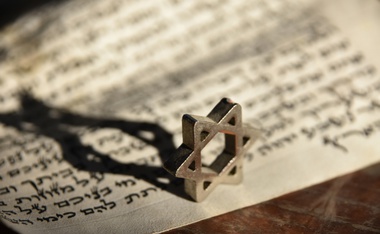

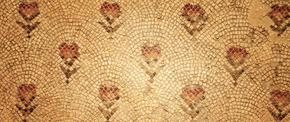






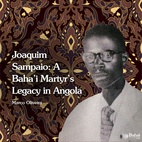
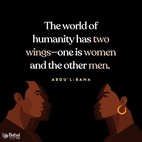
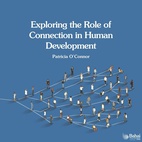



Comments
Sign in or create an account
Continue with Googleor